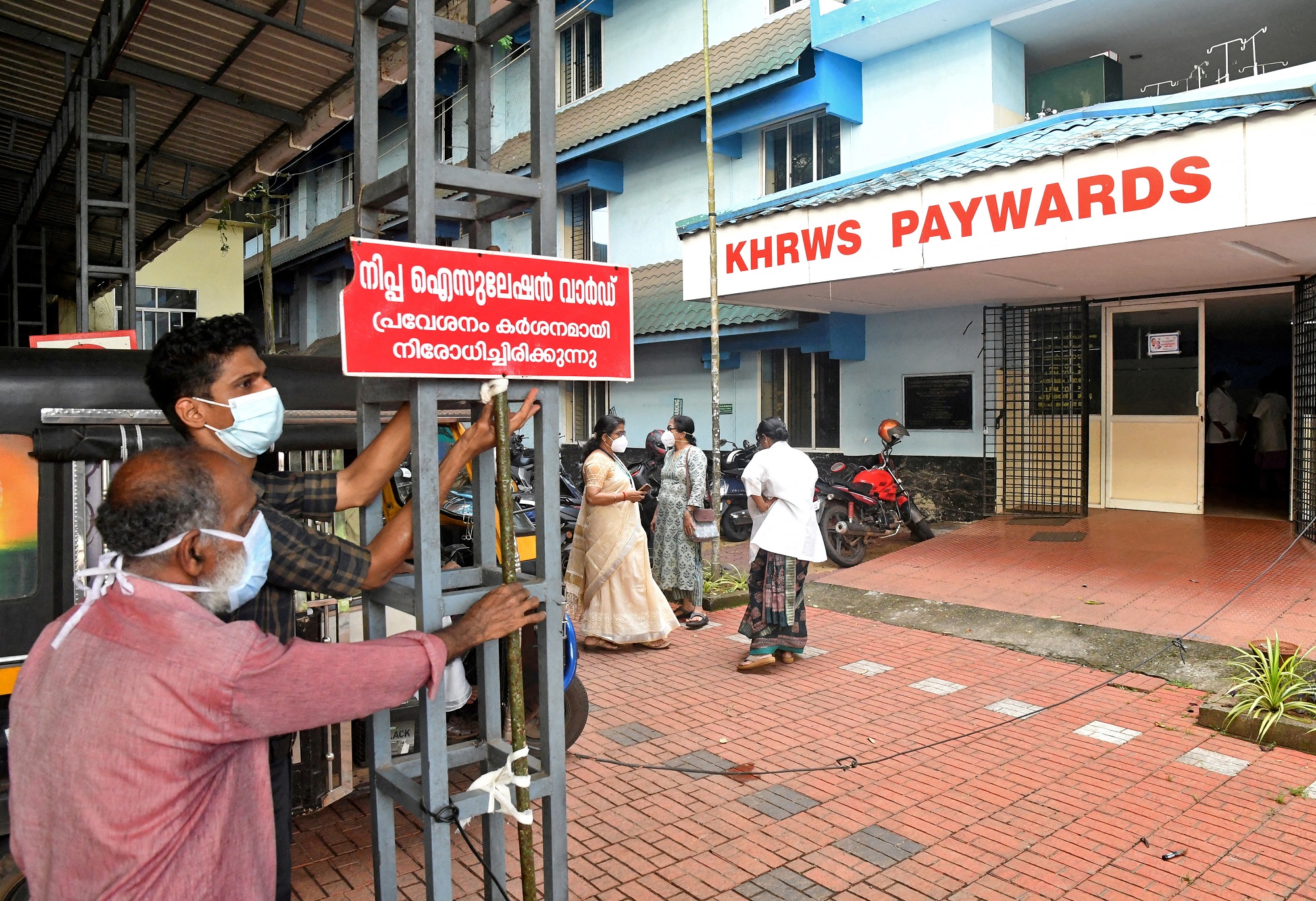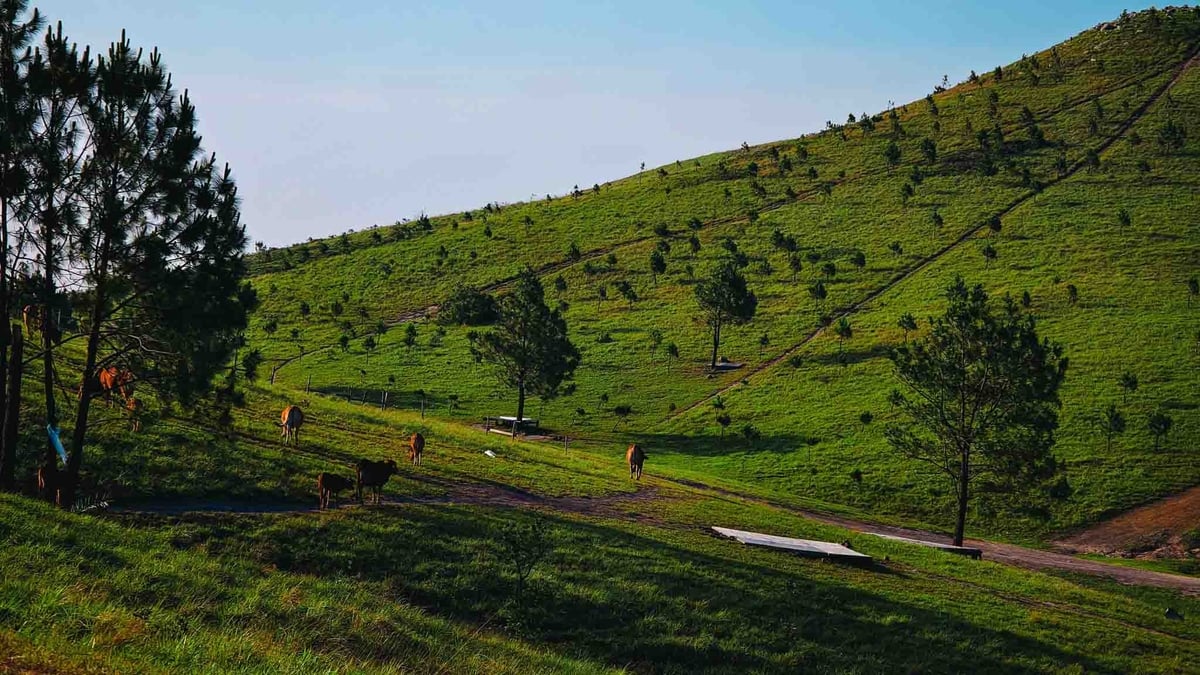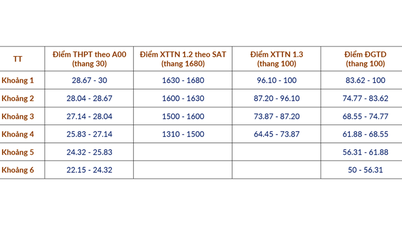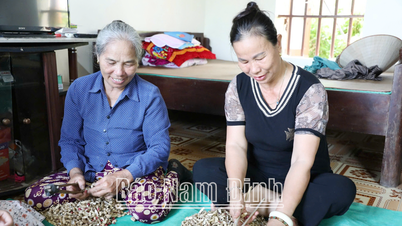Also according to CBC, Kerala is battling its fourth outbreak of Nipah virus since 2018, with two deaths and nearly 800 people tested in the past 48 hours in the state's Kozhikode district. Two adults and a child are currently hospitalized for observation after testing positive.
Earlier, the Kerala state government said on the evening of September 13 that at least 706 people, including 153 medical workers, were being tested to check for the spread of the Nipah virus, according to Reuters.
Also according to Reuters, since August 30, two people have died from Nipah infection, forcing the government to declare areas that need to prevent the epidemic in at least eight villages in Kozhikode district.
The Kerala state government has closed some schools, offices and banned public transport on September 13 to prevent the spread of the Nipah virus.
Neighbouring Tamil Nadu state has also announced that visitors from Kerala will be subjected to medical screening and those showing flu symptoms will be quarantined.

Workers put up a sign reading "Nipah Isolation Zone, Strictly No Entry" at a hospital in Kozhikode district of Kerala state, India, on September 12.
"We are focusing on tracing the contacts of those infected and isolating anyone with symptoms," said state Health Minister Veena George. She added that the Nipah virus detected in Kerala is similar to the one previously found in Bangladesh and that it is a strain that spreads from person to person with a high fatality rate but has a history of being less contagious.
Nipah is a virus that is transmitted from animals to humans. People become infected through direct contact with animals or through consumption of contaminated food. However, there have been several cases of human-to-human transmission of Nipah.
Fruit bats of the family Pteropodidae (commonly known as flying foxes) are carriers of the Nipah virus. They can transmit the virus to other animals such as pigs, dogs, cats, goats, horses and sheep.
Infected people typically experience symptoms such as fever and headache for three days to two weeks. They may then develop a cough, sore throat, and breathing problems. The disease can progress rapidly and cause brain swelling, drowsiness, confusion, and eventually coma and death. There is currently no cure or vaccine for Nipah virus.
Some people infected with Nipah virus may have no symptoms, and the World Health Organization (WHO) says a complication that can hamper diagnosis and cause "challenges in outbreak detection, timely and effective infection control measures and outbreak response," according to CBC.
In the first Nipah virus outbreak in Kerala in 2018, 21 of 23 infected people died, and two people died in outbreaks in 2019 and 2021, according to Reuters.
Source link



![[Photo] Prime Minister Pham Minh Chinh chairs the Government's special meeting on law-making in May](https://vphoto.vietnam.vn/thumb/1200x675/vietnam/resource/IMAGE/2025/5/22/1c880aae96fd4e0894abc47a46fe19ba)

![[Photo] General Secretary To Lam works with the Central Inspection Commission](https://vphoto.vietnam.vn/thumb/1200x675/vietnam/resource/IMAGE/2025/5/22/54820e91fd124c4cb691961718c4ee5d)

























































































Comment (0)